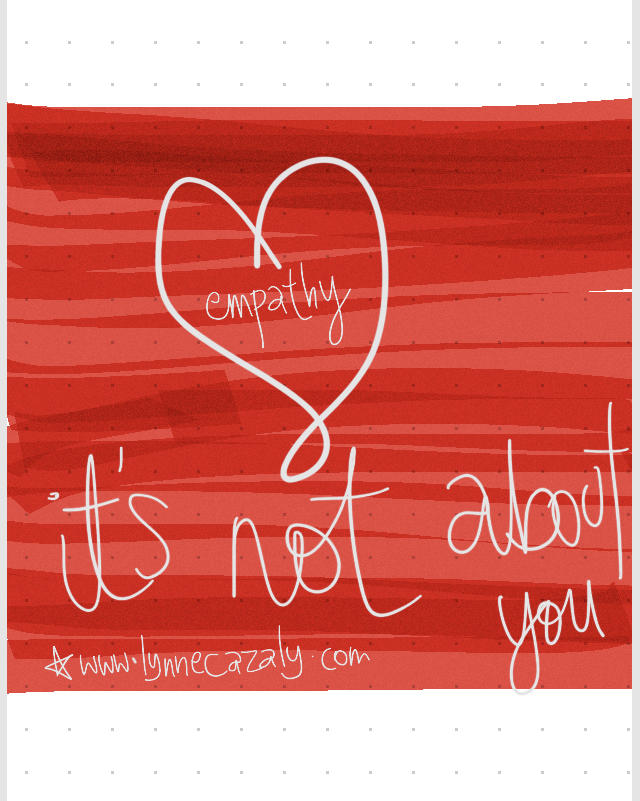You will need all types
 Monday, May 13, 2019 at 2:17PM
Monday, May 13, 2019 at 2:17PM  You might like tables and spreadsheets, but other people don’t.
You might like tables and spreadsheets, but other people don’t.
We often default to our preferred way of communicating to influence, engage and bring people up to speed. But the problem is, it’s our default… not theirs. While we’re banging on with our information in ways that work for us, they’re sitting there going, ‘What the? Huh? Don’t get it yet.’
In this world of cultural and linguistic diversity, and different ways of processing information, it serves us and them to pause before barrelling on with information.
Thinking of your audience first can sound a bit cliched; it's often overlooked; we hope people will just ‘get it’.
We must put information in ways, packages and modes that work for diversity.
🍎 So your spreadsheet, if you love it, may not work for others.
🍊Your list of dot points, that you love, may not work for others.
🍉 Your stories, may not work for others.
🍋 Your imagery, may not work for others.
We need it all. Skim, step and fly across all of these styles. Heartfelt stories, captivating and clear imagery, meaningful data, useful lists. Don’t dwell anywhere, in any one sphere for too long. Bob across all types. Suspend the default.
What's your preferred type of comms?




















